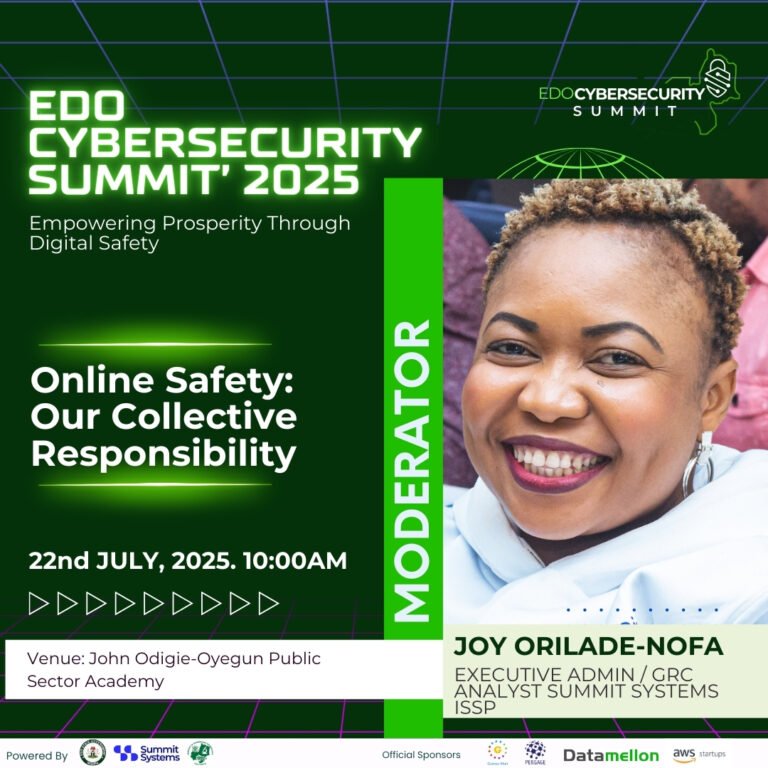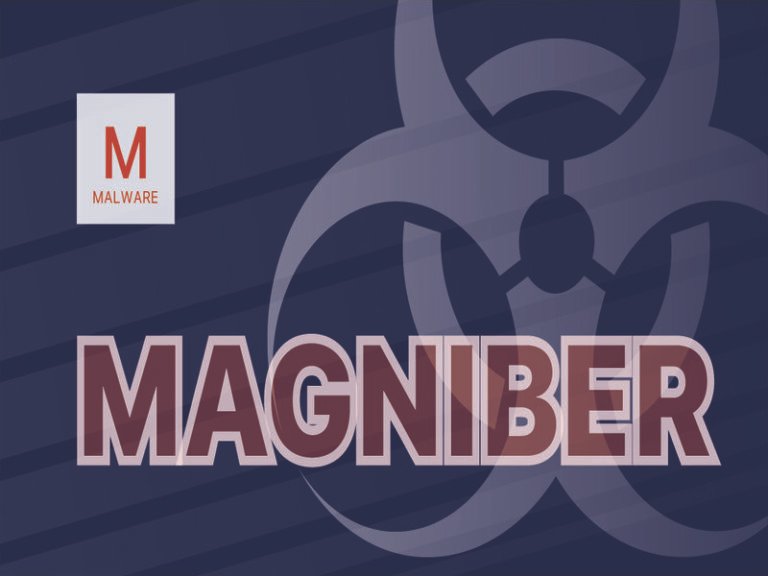In today’s rapidly evolving digital landscape, cybersecurity has become a critical concern for organizations across all industries. As threats continue to proliferate and regulations become more stringent, the need for effective Governance, Risk, and Compliance (GRC) practices has never been greater. GRC professionals play a vital role in helping organizations navigate the complex cybersecurity landscape, manage risks, and ensure compliance with regulatory requirements. If you’re passionate about cybersecurity and interested in pursuing a career as a GRC professional, this comprehensive guide will provide you with the insights and steps needed to embark on this rewarding journey.
Understanding GRC in Cybersecurity
Before diving into the specifics of becoming a GRC professional, it’s essential to have a solid understanding of what GRC entails in the context of cybersecurity. Governance refers to the establishment of policies, procedures, and oversight mechanisms to ensure that cybersecurity efforts align with organizational objectives and regulatory requirements. Risk management involves identifying, assessing, and mitigating cybersecurity risks to protect the organization’s assets and interests. Compliance entails adhering to relevant laws, regulations, and industry standards to maintain legal and regulatory compliance.

GRC professionals integrate these three components to develop comprehensive cybersecurity strategies that address governance, risk, and compliance requirements effectively. They collaborate with various stakeholders, including executives, IT teams, legal counsel, and regulatory authorities, to establish robust cybersecurity frameworks and ensure adherence to best practices.
Steps to Becoming a GRC Professional in Cybersecurity
- Gain a Strong Foundation in Cybersecurity: Start by acquiring a solid understanding of cybersecurity principles, concepts, and technologies. Pursue relevant certifications such as CompTIA Security+, Certified Information Systems Security Professional (CISSP), or Certified Information Security Manager (CISM) to validate your knowledge and skills in the field.
- Develop Expertise in GRC: Familiarize yourself with the principles and practices of Governance, Risk, and Compliance. Learn about relevant frameworks and standards such as ISO 27001, NIST Cybersecurity Framework, and GDPR. Understand the role of GRC in cybersecurity governance, risk assessment, compliance management, and audit processes.
- Acquire Industry Experience: Gain hands-on experience in cybersecurity and GRC through internships, entry-level positions, or volunteer opportunities. Work in roles such as cybersecurity analyst, risk assessor, compliance specialist, or auditor to develop practical skills and insights into real-world challenges and solutions.
- Enhance Soft Skills: Develop strong communication, leadership, problem-solving, and analytical skills. GRC professionals need to effectively communicate complex cybersecurity concepts to non-technical stakeholders, collaborate with cross-functional teams, and make informed decisions to address risks and compliance issues.
- Stay Updated on Industry Trends: Keep abreast of the latest developments, trends, and emerging threats in cybersecurity and GRC. Attend industry conferences, webinars, and workshops, participate in professional networking events, and engage with online communities and forums to stay informed and connected.
- Obtain Advanced Certifications: Consider pursuing advanced certifications in GRC to further enhance your credentials and expertise. Certifications such as Certified in Risk and Information Systems Control (CRISC), Certified Information Systems Auditor (CISA), or Certified Information Security Manager (CISM) are highly regarded in the GRC field.
- Build a Professional Network: Network with fellow cybersecurity professionals, GRC practitioners, industry experts, and potential employers. Join professional organizations such as ISACA, (ISC)², or the Information Systems Security Association (ISSA) to expand your network, access resources, and explore career opportunities.
- Continuously Learn and Grow: Cybersecurity is a dynamic and evolving field, so it’s crucial to embrace lifelong learning and professional development. Stay curious, pursue advanced training and certifications, and seek opportunities for mentorship and career advancement.
Conclusion
Becoming a GRC professional in cybersecurity requires a combination of technical expertise, GRC knowledge, industry experience, and soft skills. By following the steps outlined in this comprehensive guide and remaining committed to continuous learning and growth, you can embark on a fulfilling career path in GRC and contribute to safeguarding organizations against cyber threats while ensuring regulatory compliance and good governance.







